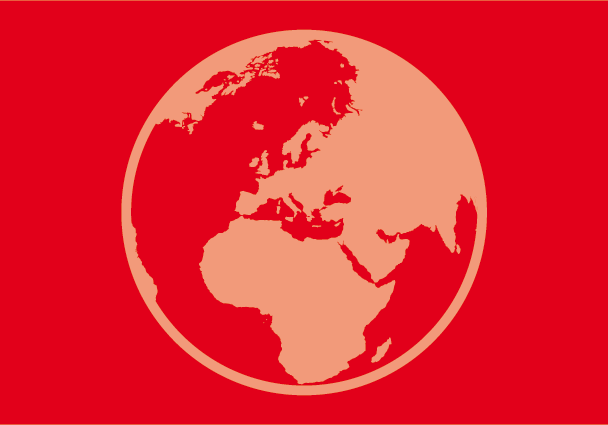The Princeton Project on Universal Jurisdiction has been formed to contribute to the ongoing development of universal jurisdiction.
The Project is sponsored by Princeton University’s Program in Law and Public Affairs and the Woodrow Wilson School o f Public and International Affairs, the International Commission of Jurists, the American Association for the International Commission of Jurists, the Urban Morgan Institute for Human Rights, and the Netherlands Institute of Human Rights. The Project convened at Princeton University in January 2001 an assembly of scholars and jurists from around the world, serving in their personal capacities, to develop consensus principles on universal jurisdiction.
These Principles on Universal Jurisdiction are intended to be useful to legislators seeking to ensure that national laws conform to international law, to judges called upon to interpret and apply international law and to consider whether national law conforms to their state’s international legal obligations, to government officials of all kinds exercising their powers under both national and international law, to non-governmental organizations and members of civil society active in the promotion of international criminal justice and human rights, and to citizens who wish to better understand what international law is and what the international legal order might become.
Princeton Principles Universal Jurisdiction-report-2001-eng (full text in English, PDF)

